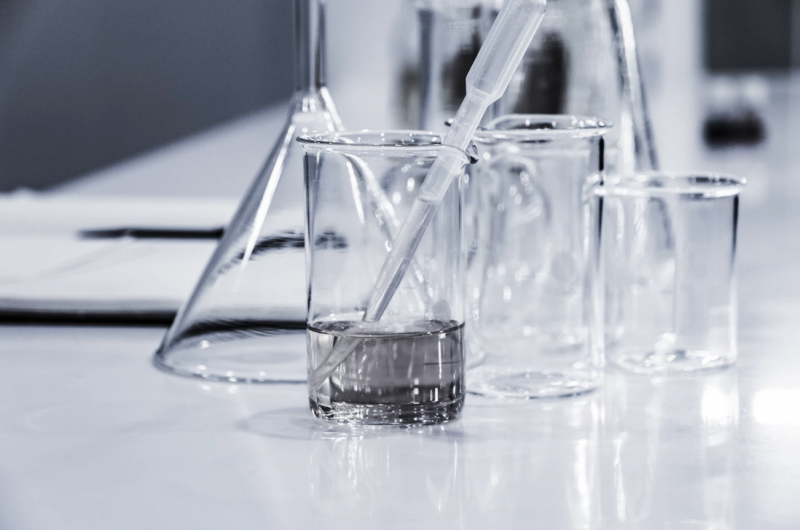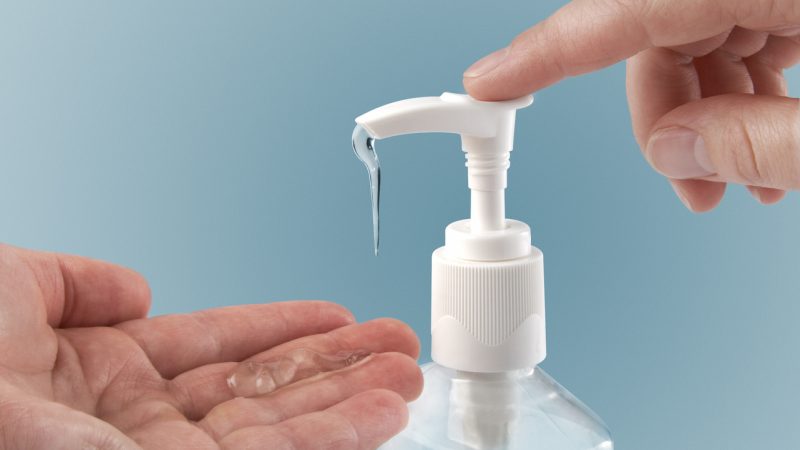COVID-proof activewear and COVID-safe cruises: Why succumbing to the anti-science brigade is bad ethics and bad branding
It’s no longer enough to simply avoid anti-science rhetoric, it’s time for brands to actively fight against it, writes Raphael Bender, founder of Breathe Education.
We’re living in a time when we increasingly disagree about facts. Conspiracy theories, anti-science rhetoric, and ‘truthers’ are becoming part of mainstream consciousness.
The denial of science, mistrust of experts and the misconception that “doing your research” on YouTube will enable you to unearth secrets that scientists have not yet understood, is a dangerous cocktail geopolitically and we’re seeing the consequences right now in the US and UK’s disastrous handling of COVID-19, not to mention global warming.
However this same phenomenon shows up in more everyday situations in our lives. Marketing of many products and services we use or aspire to are also, it turns out, largely driven by misinformation and in conflict with science.

Take activewear brand Lorna Jane, which claimed its leggings can protect against viruses. The company claimed its Anti-virus Activewear eliminated and stopped the spread of COVID-19 and provided protection against viruses and pathogens. This was not backed by any kind of scientific evidence and eventually led to the Therapeutic Goods Administration (TGA) issuing $39,960 in infringement notices.
Then there was cruise liner company Norwegian Cruise Line, which decided to tell its customers that COVID-19 doesn’t survive in the tropics. “The coronavirus can only survive in cold temperatures, so the Caribbean is a fantastic choice for your next cruise,” read one of the talking points shared with sales staff, according to a report in the Miami New Times.
Plus, let’s not forget how celebrity chef Pete Evans and celebrity agent Max Markson both attempted to sell eye-wateringly expensive antivirus light machines, resulting in two hefty fines from the TGA.
Fighting lies with fact
In a world where we’ve started to think of truth as subjective, if you’re not part of the solution, you’re part of the problem. It’s no longer enough to simply avoid this kind of rhetoric – it’s time for brands to actively fight the anti-science brigade with sound scientific fact. Making claims on your labels? Prove them.
By using science as a basis of your product claims, you endorse the value of science.
Plus on a purely self-interested level, the more effectively you can solve your customers’ problem, the more value you create. Creating products and services backed by science is fundamentally a sound business strategy, because science-based products and services are, by definition, the most effective method of solving a given problem.
Take DECIEM’s skincare brand The Ordinary as an example. The brand has gained a cult status with nothing more than plain, ‘ordinary’ packaging with nothing more than the plain old scientific ingredient name and percentage listed on the front of the bottle. Names like ‘Granactive Retinoid 2% in Squalane’, ‘Ascorbic Acid 8% + Alpha Arbutin 2%’, ‘Salicylic Acid 2% Solution’.
In years past, no skincare company would have dared to attempt such a straightforward strategy, but in today’s market customers are crying out for products that solve their problems with science. No surprise ingredients, no miracle claims. Just science.

Turning threat into opportunity
During a pandemic, customers are looking to brands to show genuine leadership when it comes to COVID-safety backed by science. This isn’t surprising in a world where one ill-advised step away from the accepted COVID-safe science could have the potential to cause serious harm.
Some brands have managed to turn the ever-present threat of the pandemic into an opportunity, without taking advantage of the situation. Take Sydney-based distillery Archie Rose, which pivoted from whisky, gin and vodka to neutral ethanol in order to produce over 100,000 bottles of hand sanitiser in a single month, in order to boost the national supply and provide employment for 27 additional members of staff.
In one fell swoop, the company was able to keep its staff employed in the midst of a full bar shutdown and help its customers at a time when hand sanitiser was in short supply – all backed by the best scientific advice.
In 2021, consumers will settle for nothing less than real results. If the most fundamental principle of business is to solve a problem for your customers, then by succumbing to bad science, we’re letting our customers down at the first hurdle. It’s time to do better; and it’s good business to do better.

Raphael Bender is the CEO of Breathe Education.

